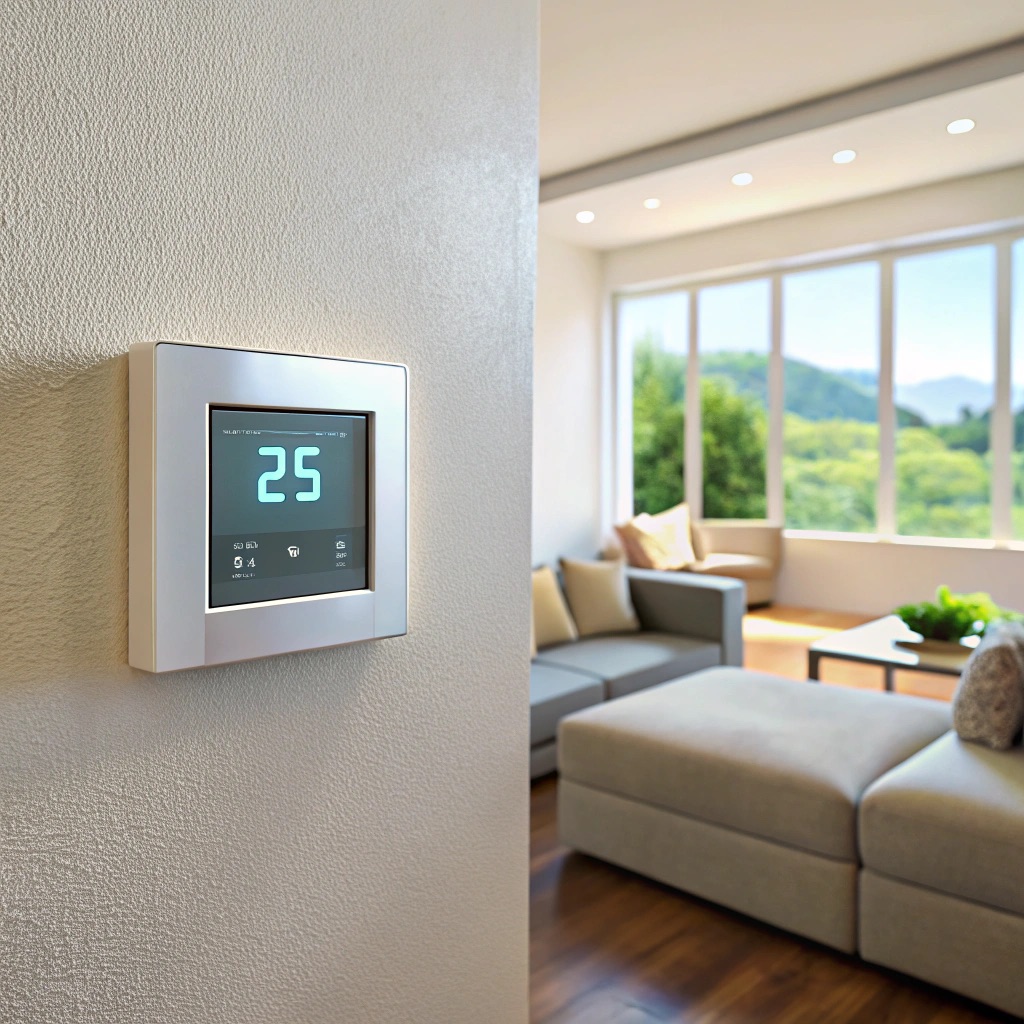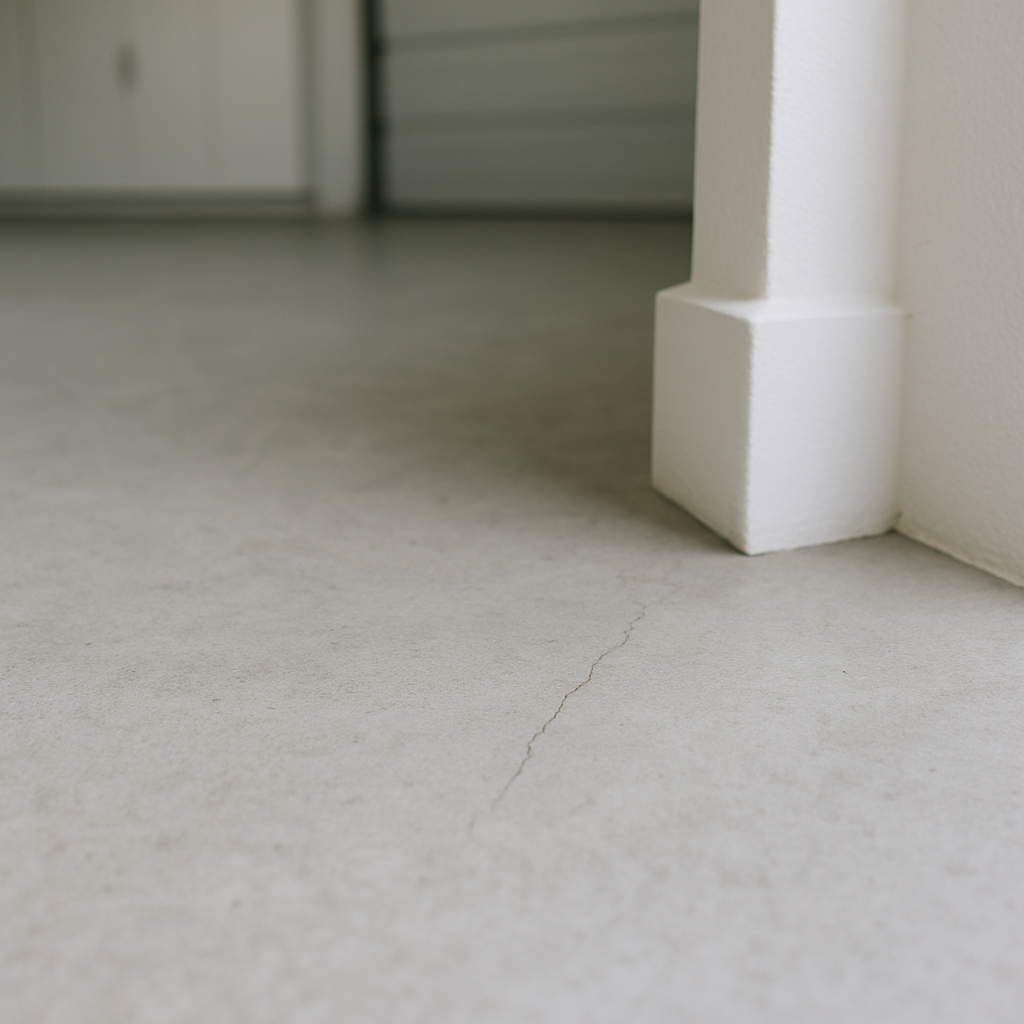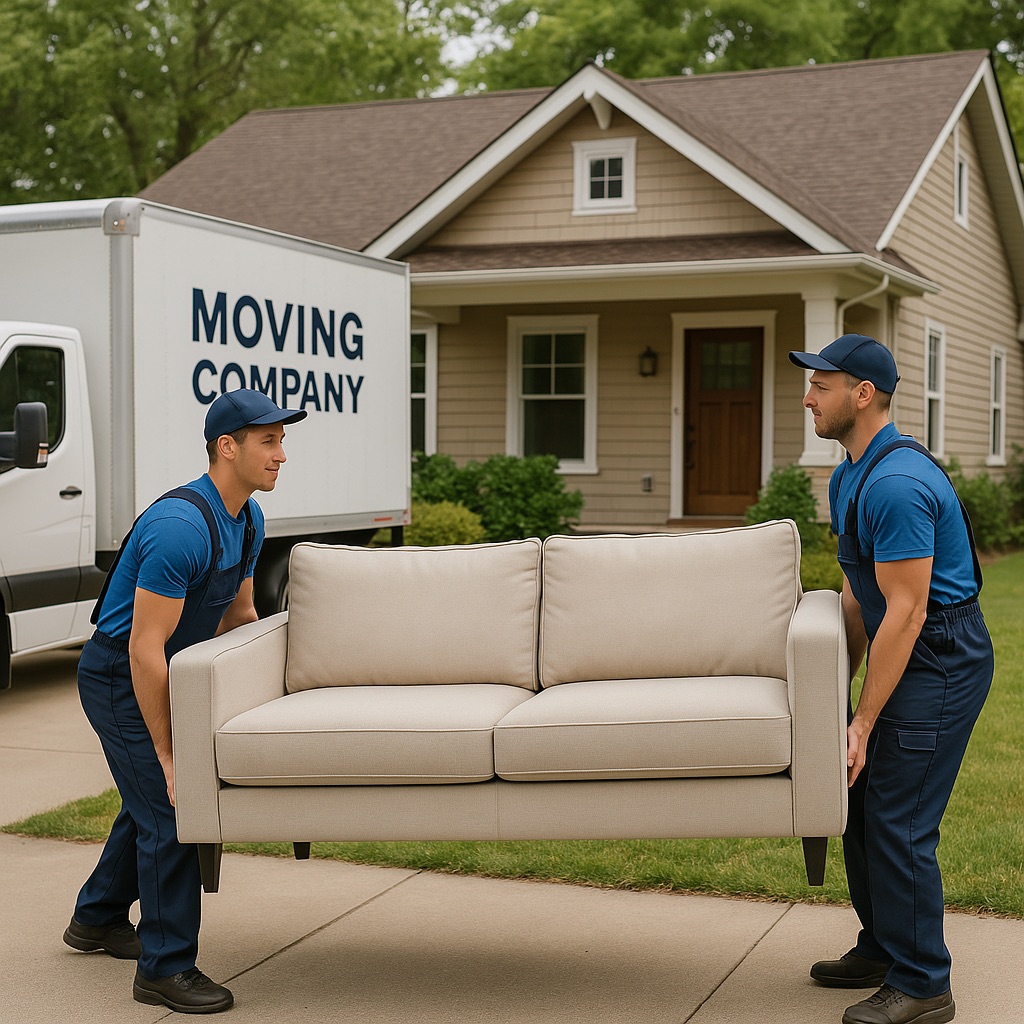Last updated on
Start a family, buy a house and a car, and live to see grandchildren running to hug you – that is the dream of nearly every person in the USA. In the last decade, buying a house proved challenging due to soaring housing prices, many homes available for sale, and the strict rules for getting loans.
Still, living in a post-pandemic world, people in the USA are open to new opportunities, and buying a new home is a more achievable idea than before. There are some compelling reasons why you should act on purchasing a home rather than thinking about renting, and we are outlining them below in this text.
What's Inside
General Comparison Between Buying and Renting a Home

When choosing between buying or renting a home, it’s crucial to think about the upsides and downsides of each. Owning a home has perks like building equity and tax benefits, but it also means committing to payments like down payments, mortgages, taxes, and insurance. Plus, you’ll have to handle maintenance and renovations and worry about job stability or moving in the future, with the risk of your property losing value.
The decision hugely depends on the finances, your plans for the future, and how much risk you are planning to take on. Also, it would help if you considered the timing because the housing market changes from year to year. You should always research and get advice from experts who can help you make the right decision.
If you leap into buying a home too quickly, it might hurt your financial condition, but waiting too long can also make you lose some good deals. So, it is all about the balance and thinking carefully before deciding. To further help you out, let’s see the ten most important reasons why buying a home is better than renting a house, but through practical examples taken from real-life scenarios.
- Building Wealth Over Time
Let’s look at two friends, Alex and Sam. Alex decides to buy a home, while Sam chooses to rent an apartment. As time passes, Alex keeps paying off their mortgage, meaning they own more and more of their home. On the other hand, all of Sam’s rent money goes to their landlord.
Fast forward ten years, and Alex has built up a lot of equity in their home, like a kind of savings they can use later. But Sam has nothing, only has something to show for some of the rent they’ve paid. They might feel worried about their financial future because they don’t have any assets to fall back on
- Tax Savings
Emily and Michael both spend $20,000 a year on their housing. Emily owns her home and can get tax breaks to pay mortgage interest and property taxes. These tax breaks mean she doesn’t have to pay as much tax on her income. But Michael rents an apartment, so he doesn’t get these breaks.
When it’s time to do their taxes, Emily owes less money than Michael. This means she has more money left over for saving or spending on other things, which helps her be more financially secure.
- Freedom to Personalize
Sarah owns her house, so she can change things in her kitchen however she likes. She makes it perfect for cooking by adding new stuff like appliances, countertops and a fresh paint job.
However, her friend Rachel rents her place, so she has to stick to the rules set by her landlord. Even if Rachel wanted to make her kitchen more excellent, she couldn’t. This means Sarah can make her kitchen exactly how she wants it, while Rachel has to live with what she’s got.
- Predictable Monthly Costs
John and Lisa both spend $1,500 every month on where they live. John owns his house and pays the same monthly amount because he has a fixed-rate mortgage. However, Lisa rents her apartment yearly; her landlord makes her pay 5% more.
This means Lisa’s housing costs keep increasing, making it challenging to plan how much she needs. It’s stressful for Lisa because she never knows how much she’ll have to pay next year. Meanwhile, John doesn’t have to worry about changing housing costs because his mortgage payments remain unchanged.
- Stronger Community Connections
David and Julia move to the same neighborhood, but David buys a house while Julia rents an apartment. As time passes, David gets involved in the neighborhood. He goes to events, helps out, and makes friends with his neighbors. He feels like he’s part of the community.
But Julia knows she will only stay in one place for a while since she’s renting. So, she spends less time getting to know her neighbors or joining community activities. Because of this, she misses out on David’s strong connections with his neighbors. Without those connections, Julia might find it harder to feel like she belongs in her new area.
- Pride of Ownership
Mark loves having his own home and feels proud of it. He spends his free time fixing it up and making it look better. He paints rooms, works in the garden, and adds things to save energy. Doing these things makes him feel good about his home and motivates him to make it even nicer.
But his friend Nicole rents her place so she can do different things than Mark does. She doesn’t own her home, so she can’t change or improve it like Mark can. Because of this, she might not feel as happy or proud of her living space as Mark does with his.
- Stability and Control
Brian and Emma rent their apartment, but out of the blue, their landlord tells them they have to move. This makes them feel anxious and stressed because they don’t know where they’ll live next. However, their friends Jake and Megan own their house, so they don’t have to worry about their landlord kicking them out.
They can stay in their home for as long as they like, which makes them feel calm and relaxed. Because they don’t have to deal with sudden changes in where they live, they can concentrate on their work and family without any extra concerns.
- Potential for Investment Returns
Tom buys a house in a neighborhood that’s getting better. As time passes, more people want to live there, so the value of homes goes up. When Tom sells his house ten years later, he makes much more money than he paid.
However, his coworker Sarah rents a place in the same neighborhood. Because she doesn’t own her home, she doesn’t get any of the extra money when property values go up. This means she needs to take advantage of a chance to make money and build wealth like Tom does by owning a home.
- More Space for Growing Families
Ryan and Jessica have a family, but their apartment is too small for them. They try to find a bigger apartment to rent, but they can’t find one they can afford that’s big enough. So, they decide to buy a house instead. They can pick one with many bedrooms and a big yard for their kids to play in. Owning their own home lets them find a place perfect for their family and gives their kids lots of room to play and grow.
- Personalization and Comfort
Chris and Ashley like having parties with their friends and family. Since they own their house, they can make their backyard exactly how they want it. They add a deck and nice furniture, so it’s an excellent place for parties. They love their backyard, and all the fun times they have there.
However, their friends Mike and Lisa rented an apartment to keep their outdoor space the same. They miss out on the fun of making their special place for relaxing and hanging out with friends.
The Takeaway
In short, deciding whether to buy or rent a home comes down to your finances, plans, and personal preferences. Buying offers potential savings and the ability to personalize your space, but it also involves expenses like upkeep and taxes.
Renting provides flexibility and fewer financial responsibilities, but you won’t build equity. It’s crucial to weigh these factors carefully and seek advice before deciding, keeping your priorities and long-term objectives in mind.




